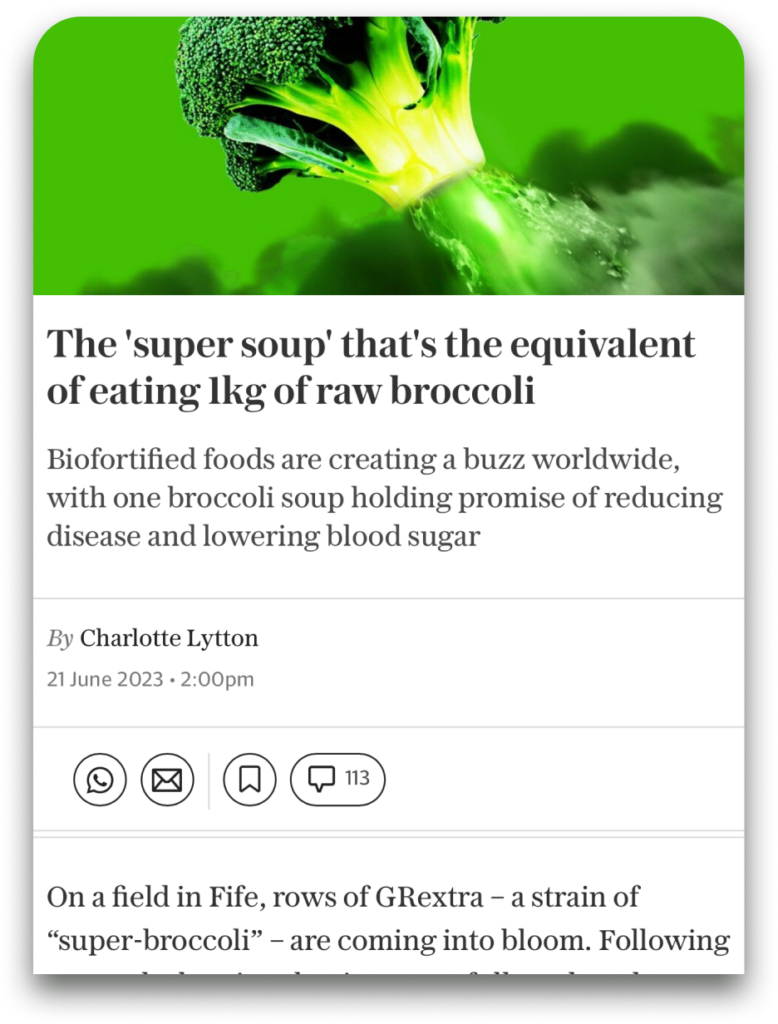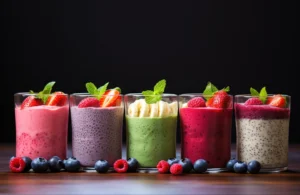
Ultra-processed foods: a closer look
Ultra-processed foods have been linked to more than 30 different health problems, including heart disease, cancer and anxiety. But what actually are ultra-processed foods, and why is everyone suddenly taking about them?




